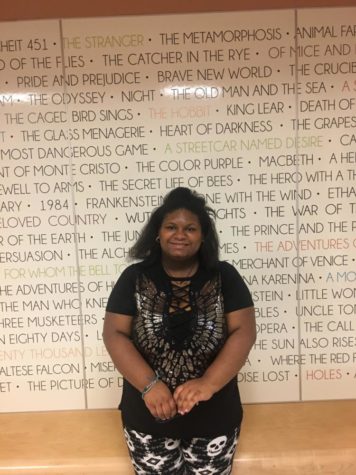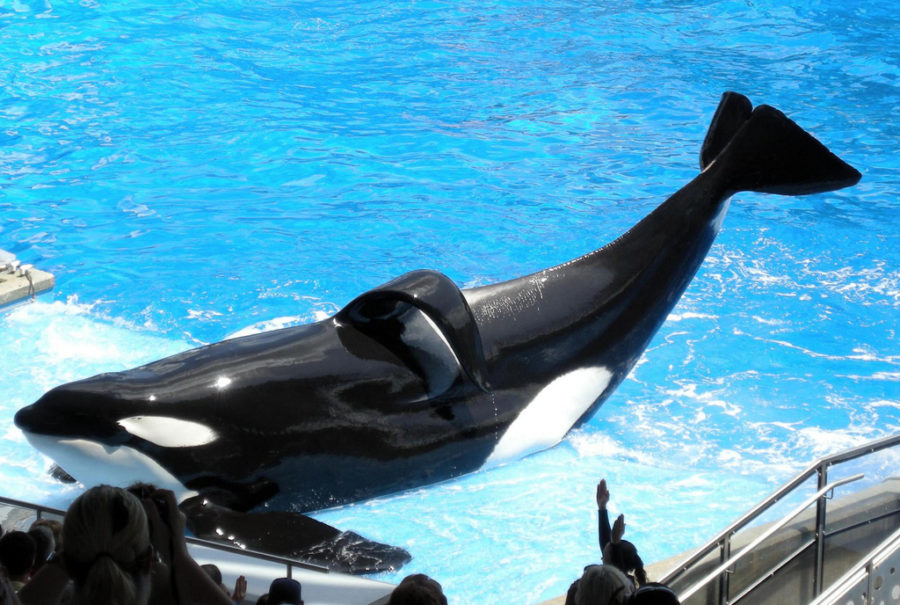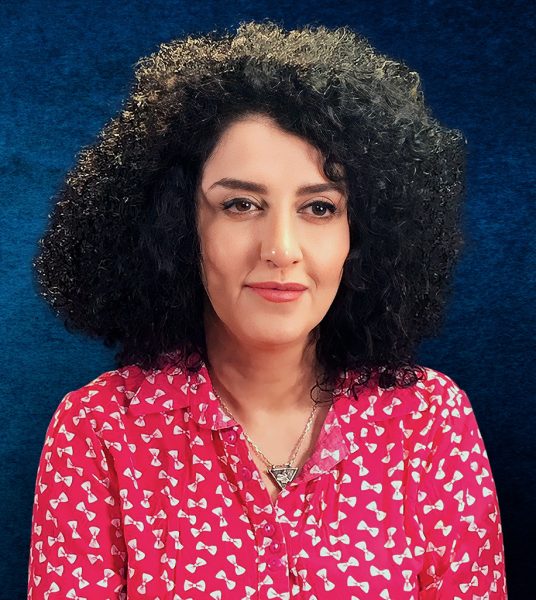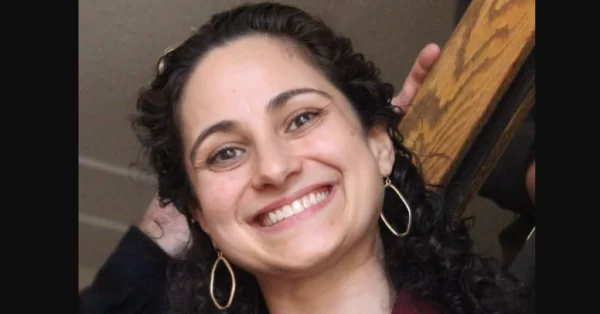SeaWorld faces allegations of illegal whale breeding
SeaWorld has tried hard to change their image since the documentary “Blackfish” released. Among the changes was the end of its orca-breeding program.
Blackfish was a documentary about SeaWorld and the way in which they treat orcas. It brought light to the cruelity and mistreatment they go through and focuses largely on an orca named Tilikum.
However, it didn’t stop SeaWorld from lobbying against The Florida Orca Protection Act, which would have made it Florida state law to permanently stop whale breeding in captivity.
California has already passed a similar bill; however, SeaWorld lobbied hard against Florida’s version, claiming the law was unnecessary because they already adhere to it. With this being said their efforts worked and the bill was killed.
Activists fear that now with no law to follow, SeaWorld could easily change back to their old ways with no trouble at all.
“This shouldn’t be a controversial issue because it’s just making law out of what SeaWorld says its corporate policy is,” said Animal Legal Defense Fund attorney Lindsay Larris to the paper. “There’s no accountability. It should be the lawmakers holding them accountable.”
Seaside sanctuaries offer more space in which to swim and dive, more novel and dynamic natural elements, the possibility of communicating with wild orcas, the opportunity to learn how to hunt and solve problems, and the freedom to choose what they want to do and when and where they want to do it.
Sanctuaries also offer some orcas the potential for release into the open ocean, which could help captive orcas and other animals find peace and even a chance to get back into the wild.
Besides making it illegal to breed orcas, the bill also would have banned keeping orcas for anything other than rehabilitation or educational purposes – a game changer for Seaside Sanctuary – and given the orcas a new chance at life.

I am a senior at NHS. I would like to be pastry chef. I am taking journalism because writing is a big part of my life and brings me joy.













